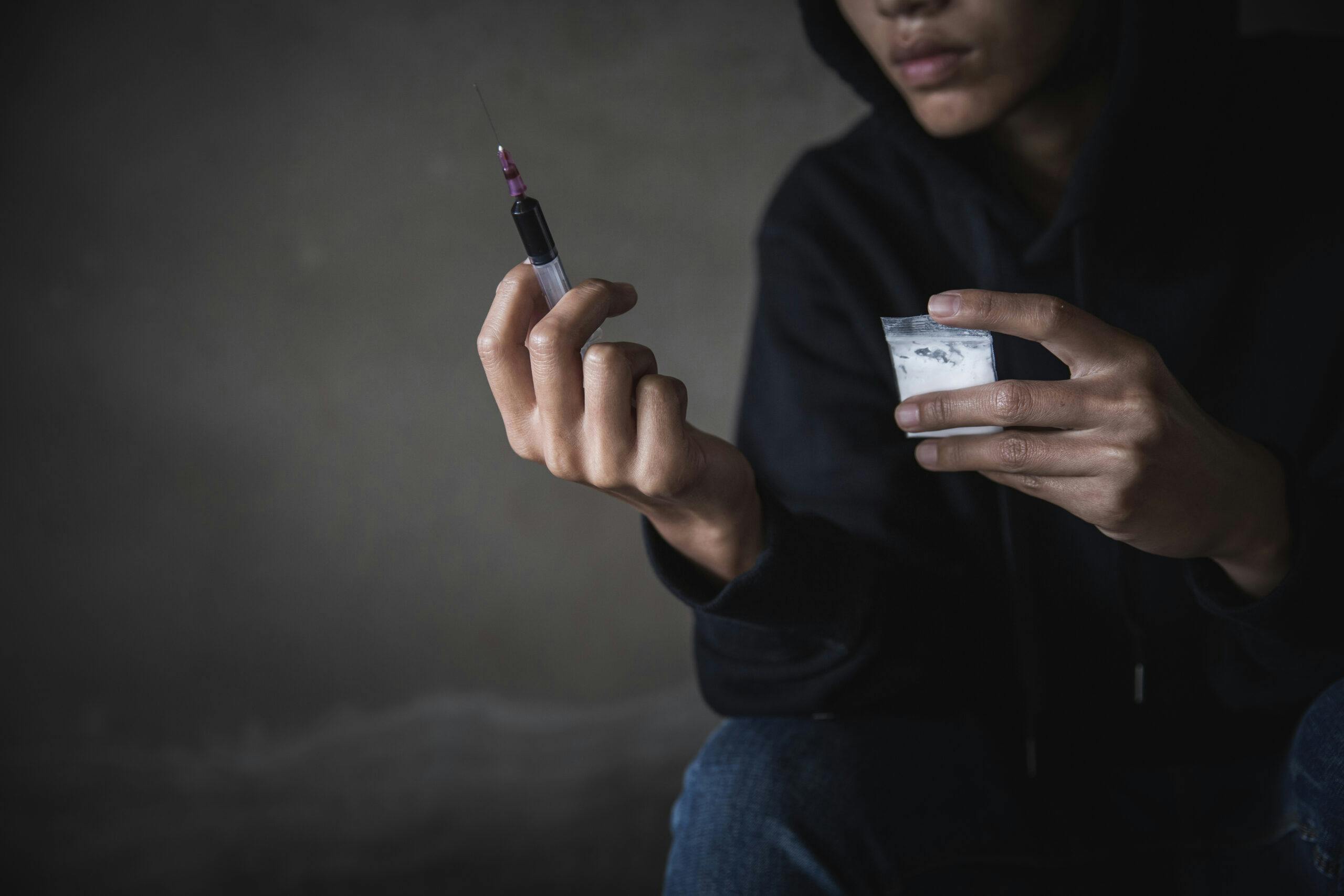Meth Addiction and Side Effects of Meth Abuse
Meth abuse affects millions of American each year — not just users but also their loved ones. In 2020, among people aged 12 or older, about 1.5 million people had a methamphetamine use disorder, resulting in thousands of related deaths.
In the short term, meth can cause overwhelming and dangerous side effects, some of which are fatal. The same is true for chronic users — the longer you use meth, the greater your risk of an overdose or contracting infectious diseases.
Zinnia Health offers evidence-based substance abuse options if you or your loved one are struggling with meth abuse. Discover more about the treatment process and the available levels of care to guide you on your recovery journey. Taking this step could save your life.

What Are the Short-Term Side Effects of Meth?
Taking even small amounts of meth can lead to adverse effects, including the following:
- Increased wakefulness
- Faster breathing
- Rapid or irregular heart rate
- High blood pressure
- Decreased appetite
- Increased body temperature
- Convulsions can occur with an overdose and may result in death
Each dose increases the risk of addiction and the adverse effects of meth abuse.
Short-term effects rapidly develop into long-term effects, creating consequences across all aspects of your life.
Those with a pre-existing health condition, such as heart disease, face an increased risk of side effects and complications.
What Are the Long-Term Side Effects of Meth?
The route of administration plays a role in the long-term side effects of meth.
Injecting meth increases the risk of contracting HIV and hepatitis B and C. Those already living with HIV or AIDS can experience worsening symptoms associated with meth abuse, as this drug may increase the progression of its consequences.
Other long-term effects of meth use include the following:
- Malnutrition and extreme weight loss
- Addiction
- Significant dental issues, known as meth mouth
- Skin sores from itching or picking
- Changes in brain function and structure
- Sleeping issues
- Violent behavior
- Extreme paranoia and hallucinations
- Memory loss
- Anxiety
- Lung, liver, and kidney damage
- Long-lasting damage to the heart and blood vessels
- Severe dependence
While some brain changes may reverse once you’re off meth for a year or more, others will remain for longer. Sometimes, indefinitely.
Research shows that meth users face an increased risk of Parkinson’s. An increased risk of Alzheimer’s and stroke is also a concern.
If you are abusing meth, it’s crucial that you take action as soon as possible. Zinnia Health has the resources needed to protect your health and future. Please call our helpline at (855) 430-9439 to learn more about the available treatment options and next steps. Discover the evidence-based therapies we offer at treatment facilities across the nation.
Signs of Meth Abuse
At first, signs of meth abuse are typically behavioral. Loved ones may notice personality changes paired with odd behavior. However, once drug abuse turns to chronic use, the signs become more apparent. These signs include the following:
- Changes in sleep patterns, including insomnia
- Worsening paranoia, delusions, and psychosis
- Severe mood swings
- The onset of violent behavior
- Possible deficits in motor and thinking skills
Physical symptoms become quite obvious following prolonged meth abuse, including:
- Skin sores
- Tooth decay and tooth loss
- Severe weight loss
Users abusing meth will also quickly develop a dependence. If they do not take meth, they’ll experience withdrawal symptoms, including intense cravings, irritability, confusion, and low energy. Unfortunately, these symptoms often drive people to continue using, creating a vicious cycle of drug abuse.
What Drugs or Substances Interact With Meth?
Mixing meth with other substances can significantly increase your risk of overdose.
Many regions are seeing an influx of meth or cocaine overdoses when these stimulants are combined with fentanyl. A fatal dose may be administered unknowingly.
Since meth is most often used recreationally and obtained on the streets, it’s impossible to know how much you’re taking or if your dose was cut with something else.
Using meth and consuming alcohol can also significantly affect judgment, placing you in dangerous or fatal situations. In addition, research shows that binge drinking is associated with the likelihood of meth use among regular users.
Getting Help for Meth Side Effects and Addiction
Meth use in the United States is rising, contributing to thousands of unnecessary deaths. From 2012 to 2018, rates of death involving psychostimulants like meth increased nearly five-fold.
Since this drug is so highly addictive and destructive to the lives of those who abuse it, seeking treatment as soon as possible could mean the difference between life and death.
Zinnia Health offers meth detox, outpatient, and inpatient addiction treatment programs tailored to each individual. These evidence-based programs focus on a holistic approach, helping individuals heal physically, mentally, emotionally, socially, and spiritually.
Our treatment facilities are located nationwide, ensuring access to comprehensive, professional treatment wherever you are. After all, we firmly believe in health and healing for everyone, everywhere.
Meth abuse is dangerous, destroying the lives of those affected. Our comprehensive treatment plans are tailored to your unique needs and goals, helping you achieve a healthier, more fulfilling future. Please contact Zinnia Health to discuss your situation and begin the healing process.
Related Articles

